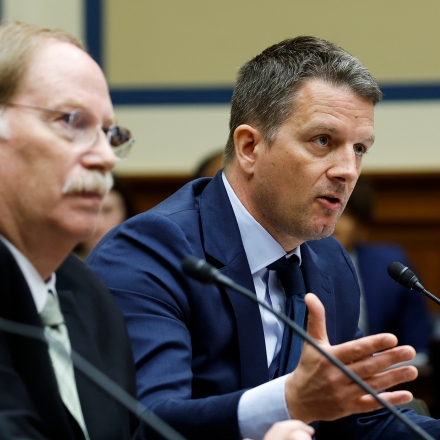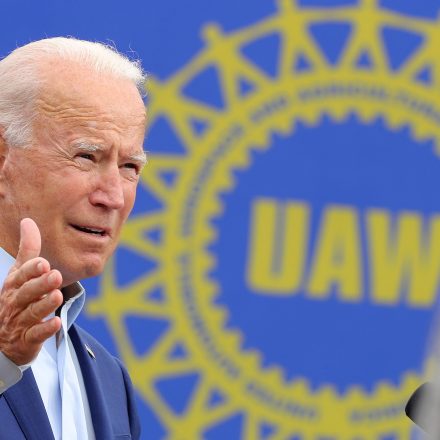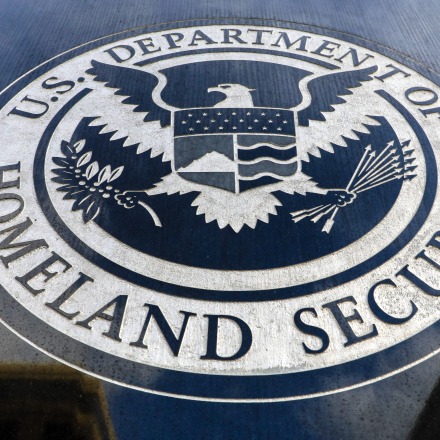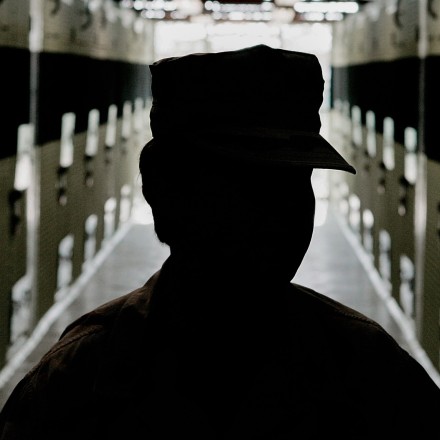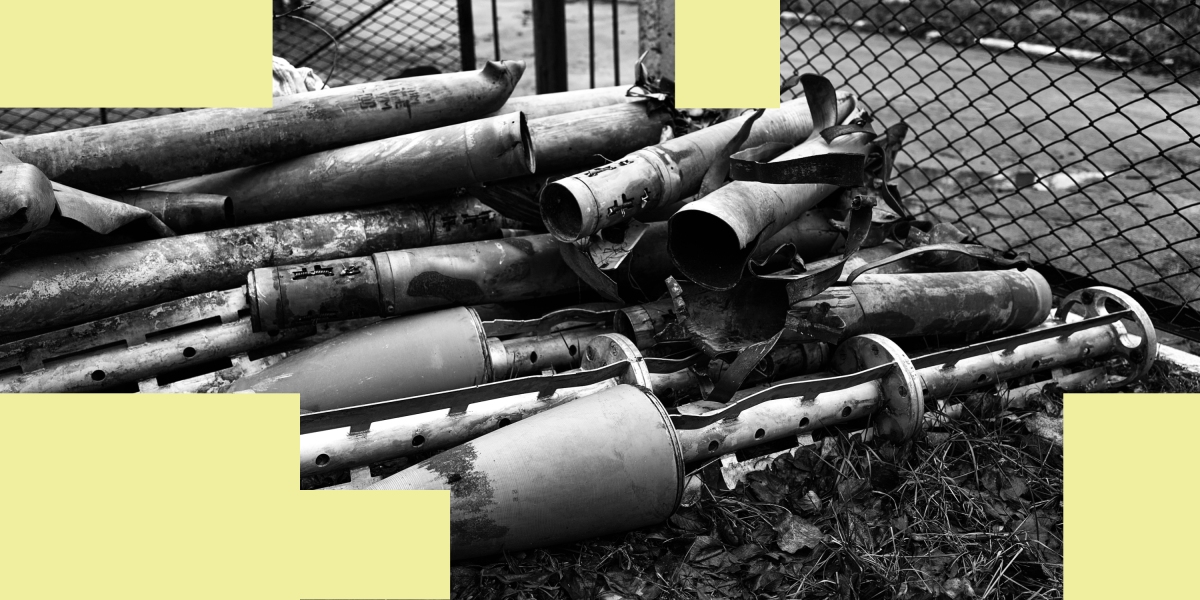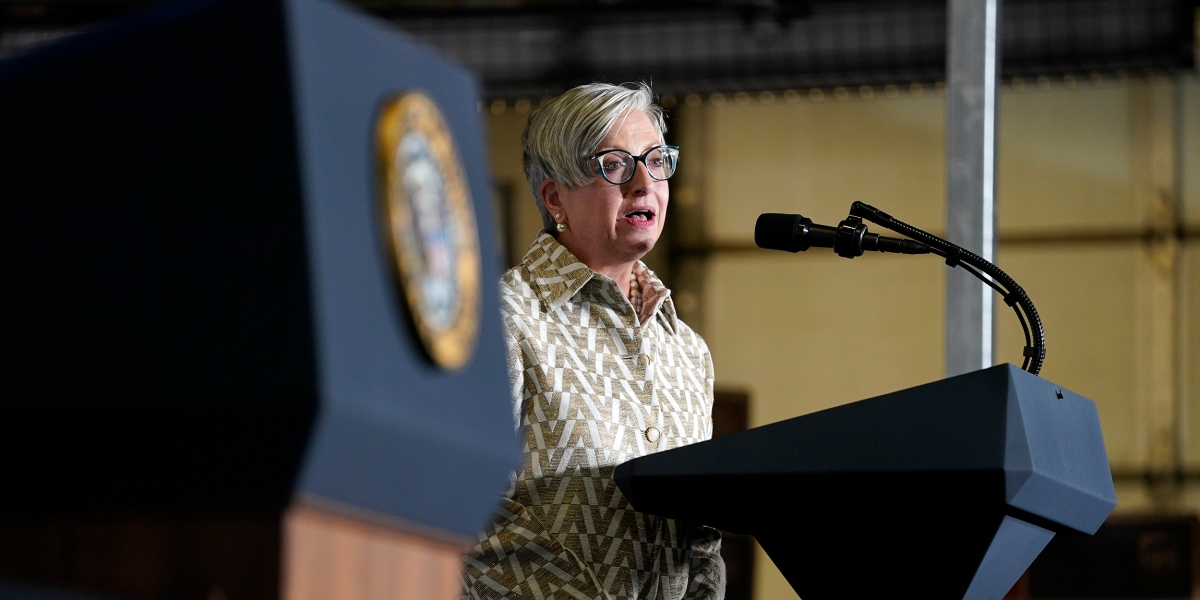The United Nations special rapporteur on counterterrorism and human rights, Fionnuala Ní Aoláin, published an exhaustive investigation this week into human rights abuses at Guantánamo Bay. Following a historic visit to the detention center and interviews with current and former detainees, victims of the 9/11 attacks, and human rights lawyers, the report details delayed justice for the victims of terrorist attacks and ongoing injustice for the victims of torture.
At the core of the report is the problem of inexplicable indefinite detention. “Arbitrariness pervades the entirety of the Guantánamo detention infrastructure — rendering detainees vulnerable to human rights abuse and contributing to conditions, practices, or circumstances that lead to arbitrary detention,” the report says. Life beyond Guantánamo, for some men, is just another Guantánamo. Those who cannot be repatriated are instead sent to a “third” country like Kazakhstan, where former detainees have been met with more arbitrary detention, Ní Aoláin found.
The special rapporteur highlighted Kazakhstan and the United Arab Emirates as two countries of “egregious” concern where men have been sent to another form of prison. “In Kazakhstan former detainees effectively remain under house arrest and are unable to live a normal and dignified life due to the secondary security measures put in place post transfer,” she wrote. In the UAE, Ní Aoláin found “multiple former detainees were subject to arbitrary detention and torture, and one remains detained in incommunicado detention.”
The U.N. investigation found that the men released from Guantánamo in resettlement deals have not been given proper legal status by their host countries in 30 percent of documented cases. This lack of asylum risks “precluding them and their families from access to certain public benefits, health care, education, as well as foreign travel, or a path to citizenship, all of which are fundamental entitlements under international human rights law.”
Early this year, an investigation by The Intercept revealed that former Guantánamo prisoner Sabri al-Qurashi had been left without legal status since his relocation from Guantánamo to Kazakhstan in late 2014. Over nearly a decade in Kazakhstan, his treatment has only gotten worse, and he has become increasingly desperate. “I have no official status, no ID card, no right to work or education, and no right to see my family,” al-Qurashi said. Without a basic ID, he is unable to send or receive money, packages, or mail. When he wants to leave his apartment, he must call the Red Crescent office and ask for his assigned chaperone to accompany him. Since being freed, he has not been allowed to reunite with his family or his wife in Yemen, in conflict with the State Department’s negotiated resettlement deal, which was supposed to provide stability and possible family reunification.
“You have no rights,” al-Qurashi said he was told by Kazakh authorities. He was not allowed to press charges against a man who attacked him in the street, leaving him with permanent facial paralysis.
Now Muhammad Ali Husayn Khanayna, the only other former Guantánamo prisoner in Kazakhstan who is still alive, has come forward about his living conditions. “Soon, I will complete 10 years under the arbitrariness of the Kazakh government in a remote city for no reason,” he told The Intercept. He confirmed that he, too, has never been given documentation of residence, an ID, or his passport. “They treat us as if we were criminals who entered the country without their choice,” Khanayna said. Both al-Qurashi and Khanayna told The Intercept that Kazakh officials threatened to send them back to Yemen. “We were handed over by the American government to the militias of Kazakhstan,” Khanayna said. “Not a government that has international law or a law that protects the citizens.”
The U.N. report calls for the situation of the men “arbitrarily detained” in Kazakhstan, the UAE, and any other country with a “serious violation of human rights” to be “urgently addressed.” The U.S. should facilitate their resettlement again in a new host country, Ní Aoláin argues.
“There is a legal and moral obligation for the U.S. government to use all of its diplomatic and legal resources to facilitate (re)transfer of these men, with meaningful assurance and support to other countries,” she concludes.
A State Department representative previously told The Intercept that the U.S. government does not agree with the characterization that it has a “legal and moral” obligation to the resettled detainees. “Once security assurances have expired, and pending any specific renegotiation of assurances, it largely falls to the discretion of the host country to determine what security measures they continue to implement,” Vincent Picard said when asked for comment on the former detainees in Kazakhstan.
As al-Qurashi and Khanayna have been stuck in stateless purgatory for nearly a decade, some of the recommendations of the U.N. report come far too late. The report strongly recommends that for all resettlements and repatriations, “a formal and effective follow-up system be established as part of the remedial obligations owed by the U.S. government.” Had a system like that been in place when they were transferred, the Guantánamo detainees in Kazakhstan could have received some assistance. In 2015, they told VICE News that their mistreatment began as soon as they stepped off the plane in the former Soviet country.
“This was a mistake by the Americans in the beginning, and the Americans will not be able to change our situation inside this country,” Khanayna told The Intercept. “They only have to get us out of here.” He said he would prefer to be transferred to an Arab country like Qatar because it has a reputation of treating Guantánamo prisoners well.
“The Kazakh government is a criminal government. It has treated us like animals,” al-Qurashi said in response to the new U.N. findings. “I’m hurting from my heart.”


